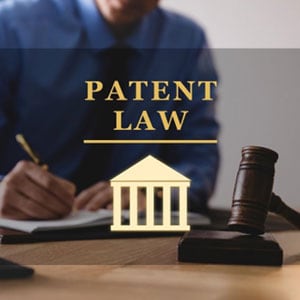
In this article, you can discover:
- Key strategies to address common challenges in patent prosecution.
- The critical role of patent examiners in determining patentability.
- How international patent laws impact the prosecution process.
What Are Some Common Challenges Or Issues That May Arise During Patent Prosecution, And How Can They Be Addressed?
Common challenges in patent prosecution include issues with novelty or inventiveness. To address these, claims can be amended to enhance novelty and align with patentability requirements. This involves careful drafting in the specification section of the patent application.
Monitoring deadlines is crucial, as missing them can have serious consequences. The process of responding to office actions is complex and is typically best handled by experienced attorneys to avoid ineffective arguments and unnecessary expenditure of time and money.
What Is The Patent Examiner's Role In The Prosecution Process, And How Do They Contribute To The Determination Of Patentability?
The patent examiner plays a critical role in the prosecution process. They examine both the specification section, which contains a detailed description of the invention, and the claim section, which defines the scope of the patent rights.
The examiner ensures that the claims meet all requirements, such as novelty, inventiveness, and enablement. Through office actions, they challenge and reject claims that do not meet these criteria, working collaboratively with the applicant to amend claims to meet patentability standards. Interviews with the examiner are often crucial in clarifying and defending the claims.
How Do International Considerations Impact The Patent Prosecution Process?
International patent prosecution requires careful consideration of disclosure timing and legal variations across countries. Unlike the U.S., which offers a one-year grace period after disclosure, many countries adhere to an absolute novelty requirement, prohibiting patent filing after public disclosure. Patent laws differ significantly worldwide, affecting strategic decisions about where to file.
The Patent Cooperation Treaty (PCT) can be a valuable tool, offering a longer period to decide on filing in specific countries and providing initial patentability assessments to avoid unnecessary costs. However, PCT filing is not universally applicable, as some countries, like Taiwan, do not participate in the PCT.
What Is The Role Of Prior Art In Patent Protection, And How Does It Impact The Examination Of Patent Applications?
Prior art is crucial in determining the novelty and inventiveness of a patent claim. If prior art discloses the contents of a claim, the patent cannot be granted due to a lack of novelty. Applicants are required to disclose relevant prior art to the patent office, which is then considered during the examination. Failure to disclose known prior art can lead to patent invalidation.
Patent practitioners often negotiate around prior art, either by arguing the uniqueness of their claim or amending it to distinguish it from existing art. Understanding and navigating prior art is a key aspect of successful patent prosecution. For more information on The Patent Prosecution Process In California, an initial consultation is your next best step.
Call Now For A Free Consultation
(310) 489-9794